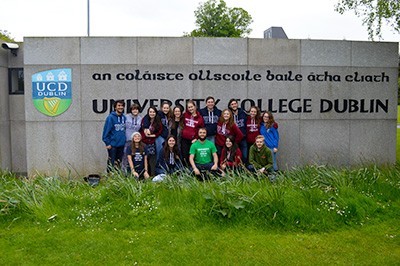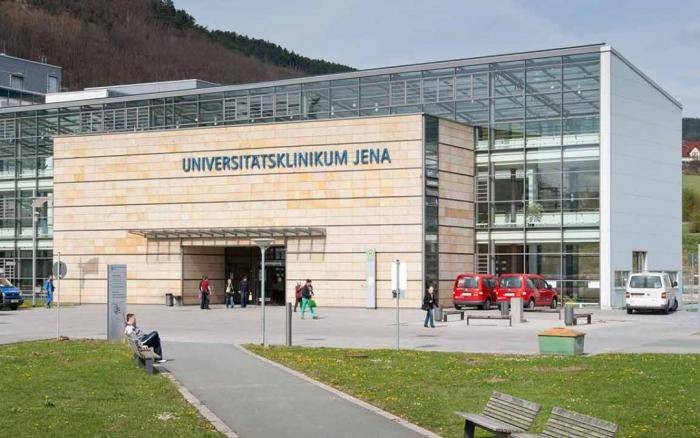
This multi-disciplinary PhD studentship is an exciting opportunity to join a large project involving academic and industrial partners to develop new materials as supports for Fischer Tropsch and CO2 utilisation catalysts. Using a range of experimental approaches, including robotic high-throughput methods and modern informatics methods, the successful candidate will explore routes to high surface area porous metal borides, metal nitrides and other related materials onto which various catalyst nanoparticles can be deposited. The project will combine synthetic chemistry, advanced structural analysis (crystallography) and characterisation with sorption and spectroscopic methods. The successful candidate will also develop skills in teamwork and scientific communication as part of a team that work closely together.
About University of Liverpool

University of Liverpool Postgraduate Scholarship
| Application Deadline | 22 Nov 2022 |
| Country to study | United Kingdom |
| School to study | University of Liverpool |
| Type | Postgraduate |
| Sponsor | University of Liverpool |
| Gender | Men and Women |
Aim and Benefits of University of Liverpool Postgraduate Scholarship
- The University of Liverpool will award the selected applicants a scholarship, including full tuition fees and a maintenance grant worth £15,609 per annum for 3.5 years.
Requirements for University of Liverpool Postgraduate Scholarship Qualification
- Applicants can be students from worldwide.
- Applicants must meet the entry requirements of the department of the university they wish to join, which here is typically an academic qualification relevant to chemical sciences.
- Applicants must submit scores of the following English language proficiency tests:
- IELTS – 88
- C1 Advanced CAE – 176
- TOEFL IBT – 88
Application Deadline
November 22, 2022How to Apply
Students can make their admission applications on the university’s application portal. To apply for the scholarship, students must ensure they quote the following reference on their application:
- New porous materials for CO2 Catalysis (Reference CCPR025)
For more details,visit University of Liverpool website


